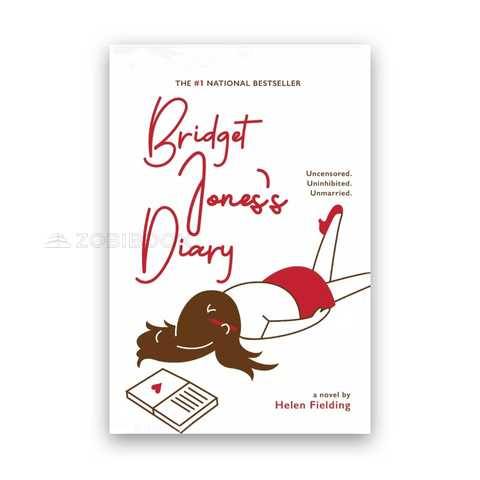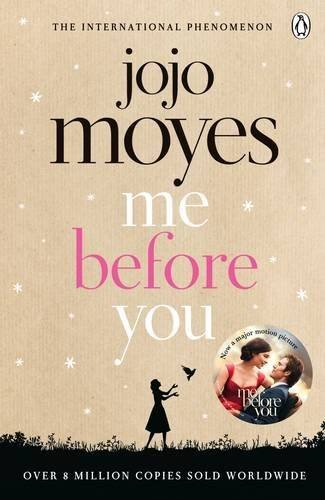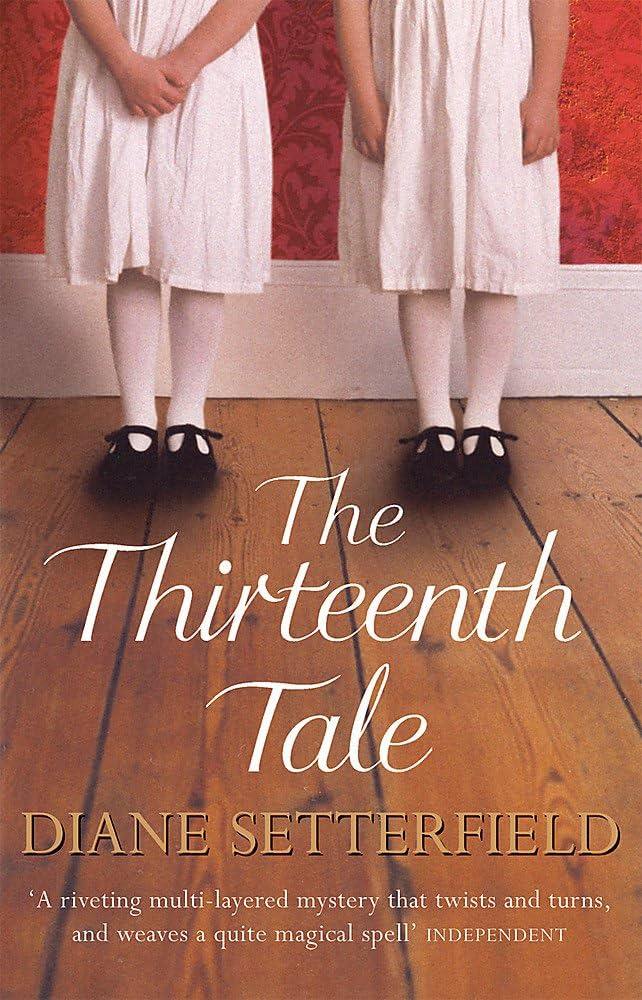Romance novels have long been a source of comfort and escape for readers, offering stories of love, heartbreak, and personal transformation. These stories resonate deeply because they explore the complexities of human emotions in a relatable and often hopeful manner. But what makes them so...

In Helen Fielding’s Bridget Jones's Diary, books and literature play a crucial role in shaping the lives and perspectives of the characters, particularly Bridget herself. Through the lens of these literary references, the novel showcases how literature both mirrors and influences Bridget's emotional world, helping her navigate the complexities of modern life. By exploring the symbolism embedded in the books Bridget reads or encounters, we can see how these works reflect her evolving journey of self-discovery.
One of the most significant literary references is Pride and Prejudice by Jane Austen. Bridget’s admiration for the novel becomes a central theme, as she unconsciously seeks parallels between her life and Elizabeth Bennet's. Mark Darcy, a character named after Austen's Mr. Darcy, becomes a figure onto which Bridget projects her romantic fantasies. Austen’s novel influences Bridget’s perception of relationships, leading her to interpret events through the lens of this classic love story.
The significance of Pride and Prejudice goes beyond romantic symbolism; it also serves as a narrative device to highlight Bridget’s internal struggles. The clash between her expectations and reality is mirrored in Elizabeth Bennet’s defiance of societal norms. Like Elizabeth, Bridget seeks independence and authenticity in a world that pressures her to conform. Literature thus becomes a tool of empowerment for Bridget, inspiring her to challenge the expectations imposed on her by society and herself.
In addition to Pride and Prejudice, other literary works appear throughout the novel, subtly shaping Bridget’s outlook on life. These references serve as cultural markers, reflecting Bridget’s attempt to find meaning and direction through literature. Whether it's self-help books or high-brow classics, Bridget’s interactions with books reveal her desire to better understand her own identity and make sense of her chaotic life.
Symbolism in the books also highlights the theme of personal growth. Bridget’s reading choices evolve as her character develops, symbolizing her growing maturity and self-awareness. Early in the novel, she gravitates towards lighthearted reads, mirroring her carefree and sometimes superficial nature. However, as her challenges deepen, so do her literary interests, reflecting a journey towards greater introspection and self-acceptance.
Ultimately, literature in Bridget Jones's Diary serves not only as a backdrop but as a symbolic force that guides Bridget’s emotional evolution. Books provide her with a sense of comfort, wisdom, and perspective, acting as a compass for navigating her struggles with love, career, and self-worth. Through these literary references, Helen Fielding skillfully weaves a narrative where fiction and reality converge, shaping the lives and decisions of the characters in profound ways.


